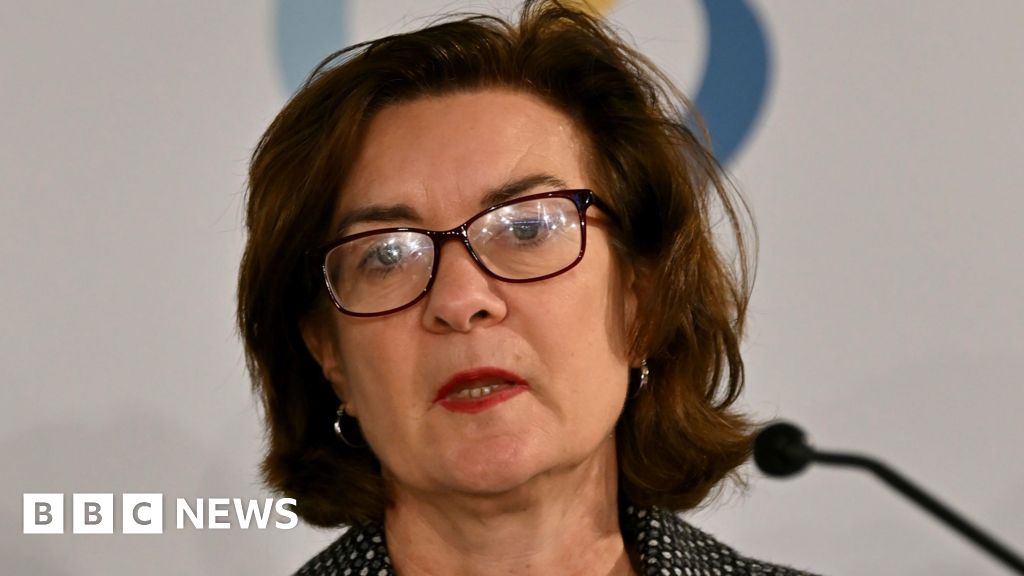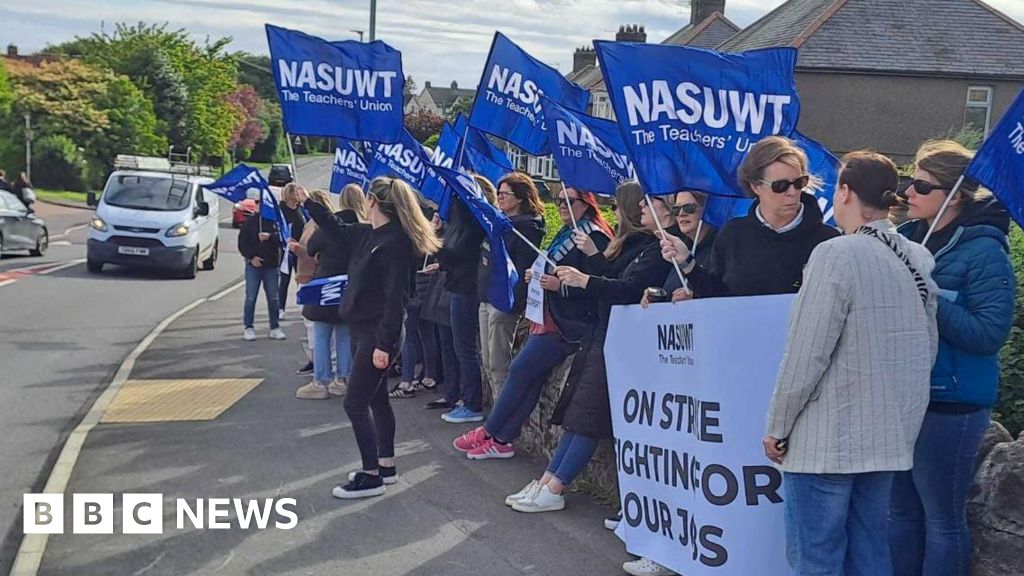- Venture Capital
‘Power hours’: how to make the most of your working day
时间:2010-12-5 17:23:32 作者:Technology Policy 来源:U.S. 查看: 评论:0内容摘要:Still, researchers caution that it’s only been a few months. They’ll need to watch him for years.Still, researchers caution that it’s only been a few months. They’ll need to watch him for years.
tried to save a dying man with a pig heart — and he survived for two months.Montgomery is getting more practice in the dead before taking a chance with a living patient. A handful of prior experiments at NYU and the

have kept pig kidneys and hearts working in donated bodies for a few days to a week, avoiding the immediate rejection that doomed many earlier attempts.But the most common kind of organ rejection develops over a month. That pig heart in Maryland worked great for nearly 50 days until abruptly faltering. Watching how pig kidneys reach those timepoints in donated bodies could offer vital lessons — but how long could Montgomery expect a family to turn over their loved one?“I’m in awe of someone who can make a decision like that at, you know, one of the worst moments in their lives and really think about ... humanity,” he said.

In Newburgh, New York, an ambulance had raced Miller to the hospital after he collapsed, a mass in his brain. He never woke up from the biopsy, brain-dead at just 57. Next steps were up to his sister, his closest relative.Miller-Duffy asked about donating his organs but he didn’t qualify. That biopsy had found cancer.

Only then did the organ agency broach whole-body donation. Miller-Duffy wasn’t familiar with that, but the goal of improving kidney transplants, “that kind of struck a chord.” Another brother had died of kidney disease as a toddler. Other relatives have kidney-damaging illnesses or even died on dialysis.
Flipping through family photos, Miller-Duffy recalled how her brother would adopt animals and once took care of a terminally ill friend. Still, she had questions.Montgomery regularly calls Miller-Duffy and her wife with updates, and invited them to NYU to meet the team. And as the study’s initial one-month deadline approached, he had another ask: It was going so well, could they keep her brother’s body for a second month?
It meant further postponing plans for a memorial service but Miller-Duffy agreed. Her request: That she gets to be there when her brother is finally disconnected from the ventilator.Whatever happens next, the experiment has changed Sue Duffy’s outlook on organ donation.
“Maybe I don’t need all my organs when I go to heaven,” she said. “Before I was a hard no. ... Now I’m a hard yes.”The Associated Press Health and Science Department receives support from the Howard Hughes Medical Institute’s Science and Educational Media Group. The AP is solely responsible for all content.
- 最近更新
- 2025-07-07 11:26:36Dominoes: All FivesPlayMasque Publishing
- 2025-07-07 11:26:36Jigsaw: Cute and CuddlyPlayMasque Publishing
- 2025-07-07 11:26:36Starts WithPlayMasque Publishing
- 2025-07-07 11:26:36Solitaire: GolfPlayMasque Publishing
- 2025-07-07 11:26:36Baccarat MiniPlayMasque Publishing
- 2025-07-07 11:26:36Solitaire: PyramidPlayMasque Publishing
- 2025-07-07 11:26:36Canasta for TwoPlayMasque Publishing
- 2025-07-07 11:26:36Globespotter: A World of DifferencePlayMasque Publishing
- 热门排行
- 2025-07-07 11:26:36Aquasonic Black Series Ultra Whitening Toothbrush
- 2025-07-07 11:26:36Jigsaw: Cute and CuddlyPlayMasque Publishing
- 2025-07-07 11:26:36Aquasonic Black Series Ultra Whitening Toothbrush
- 2025-07-07 11:26:36Solitaire: Pyramid GizaPlayMasque Publishing
- 2025-07-07 11:26:36showed off the sparkling diamond ring
- 2025-07-07 11:26:36Pool: Lucky Break 8 BallPlayMasque Publishing
- 2025-07-07 11:26:36A post shared by British Vogue (@britishvogue)
- 2025-07-07 11:26:36Solitaire: Pyramid GizaPlayMasque Publishing
- 友情链接
- Newly qualified solicitors will earn as much as £140,000 a year in race to attract and keep talent Andrew Hill selects his best mid-year reads Working hard to look busy: why young employees are ‘task masking’ When top executives work remotely, it becomes more difficult to drag everyone else to their desks Andrew Hill selects his best mid-year reads The career boost of marrying well How trauma changed my career path First class or business? And other dilemmas How Gen X mentors help Gen Z staff to thrive New technology is starting to have a profound effect on work and employment Board to shift remuneration targets after the company splits in 2026 HSBC considers ordering all staff back to office 3 days a week When top executives work remotely, it becomes more difficult to drag everyone else to their desks How the culture war is remaking advertising Newly qualified solicitors will earn as much as £140,000 a year in race to attract and keep talent How the culture war is remaking advertising Solid returns: The Wall Street Hotel, New York More colleges are launching courses in entrepreneurship but founders question their value The best business books to read this summer Women business leaders face surge in online abuse Mid-tier UK law firms hand big pay rises to junior lawyers This AI is amazing and there’s only a few embarrassing, critical errors World-class rounds await a hop, skip and a putt away from the Scottish capital Newly qualified solicitors will earn as much as £140,000 a year in race to attract and keep talent Disrupted or displaced? How AI is shaking up jobs Can women’s career success be a recipe for divorce? Disrupted or displaced? How AI is shaking up jobs Summer books 2025: the best titles of the year so far Chancellor aims to improve government’s relationship with high-growth companies Business Book of the Year 2025
